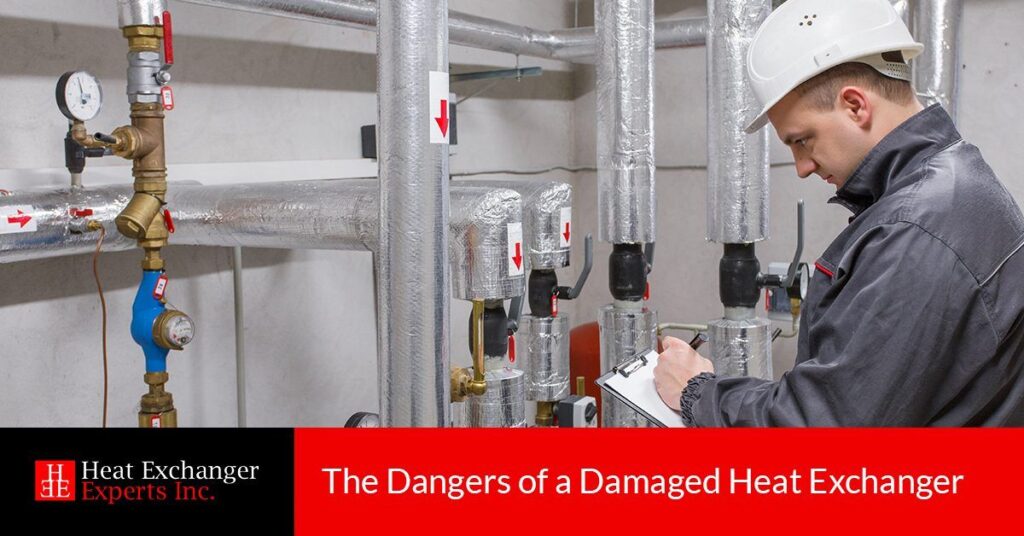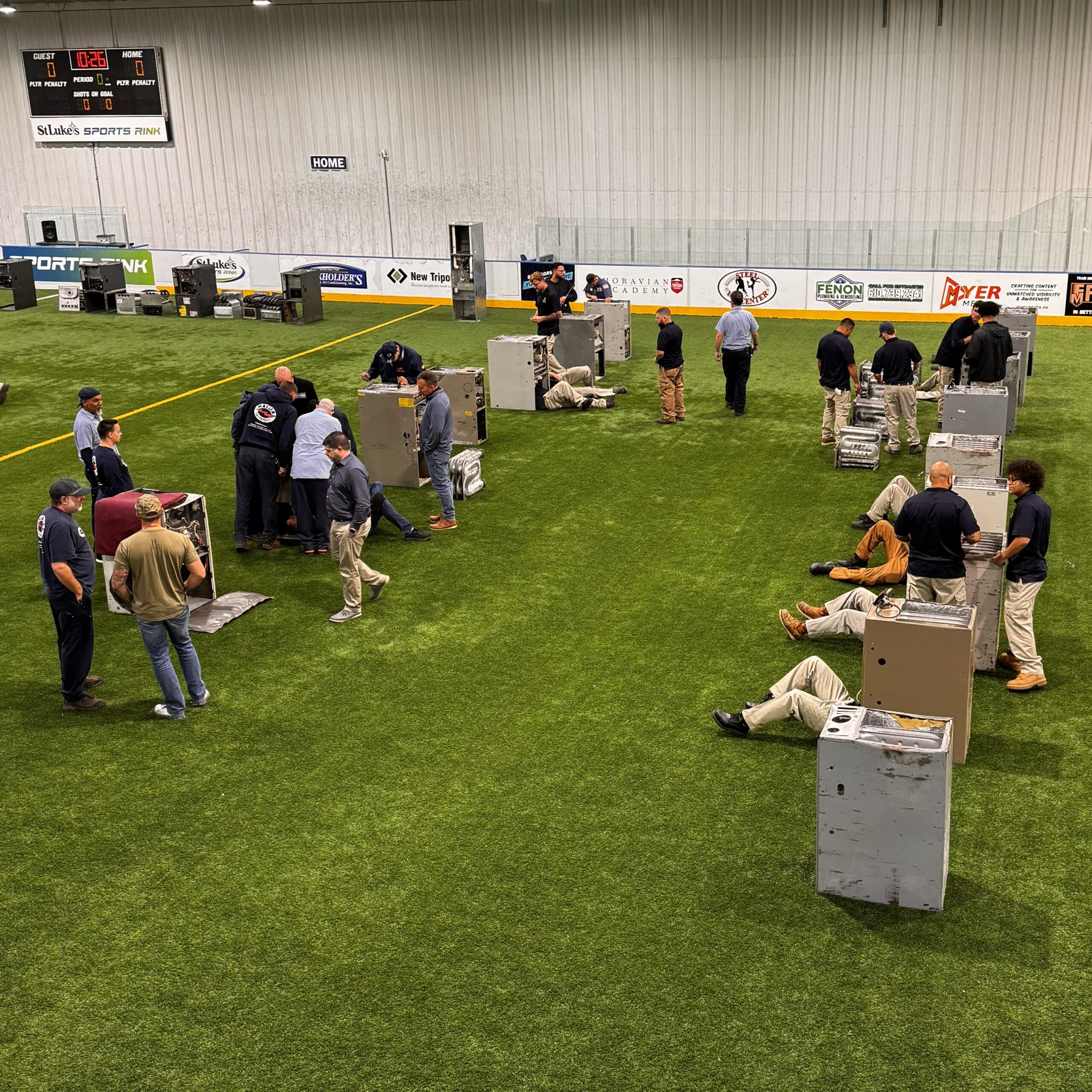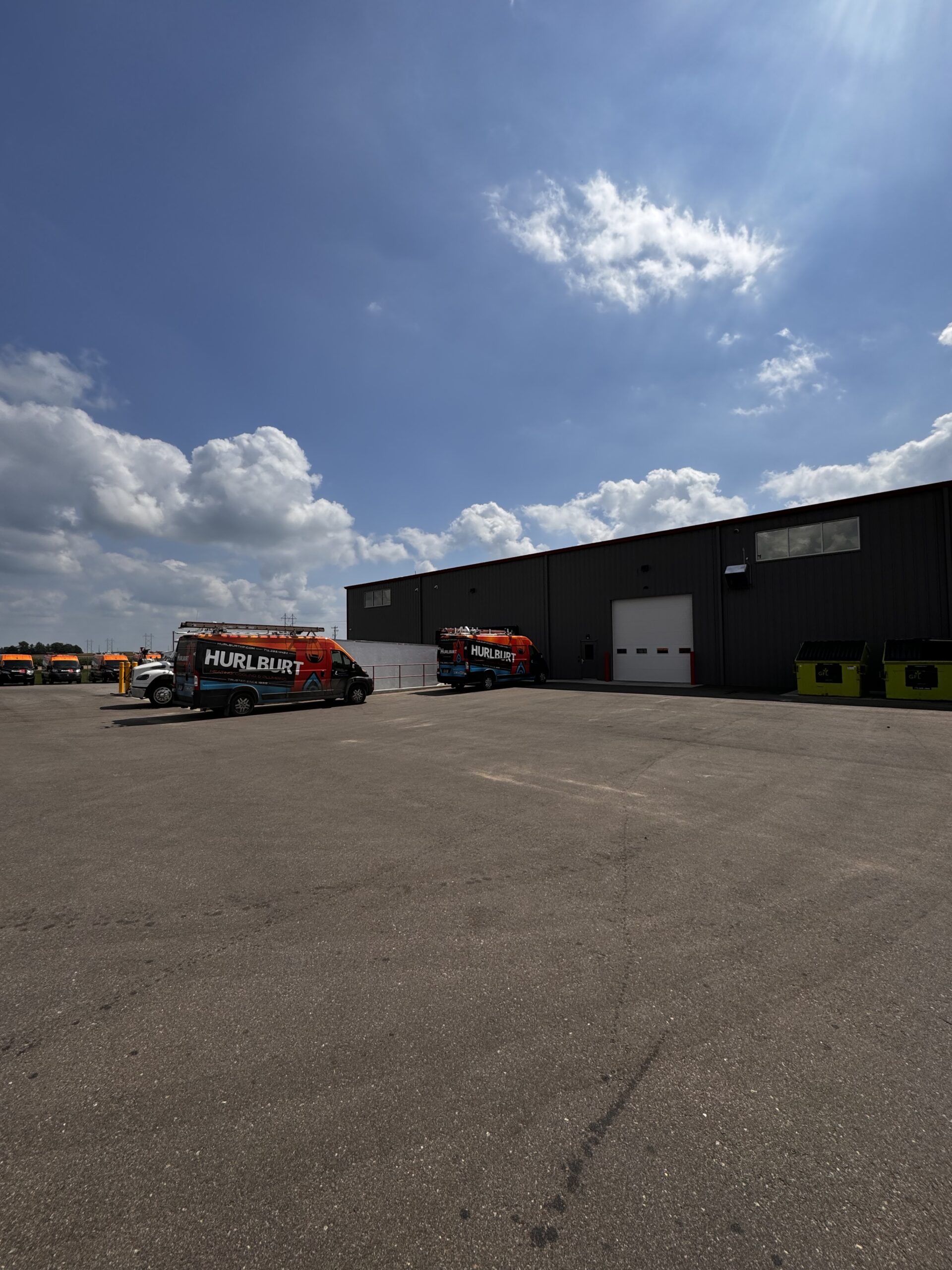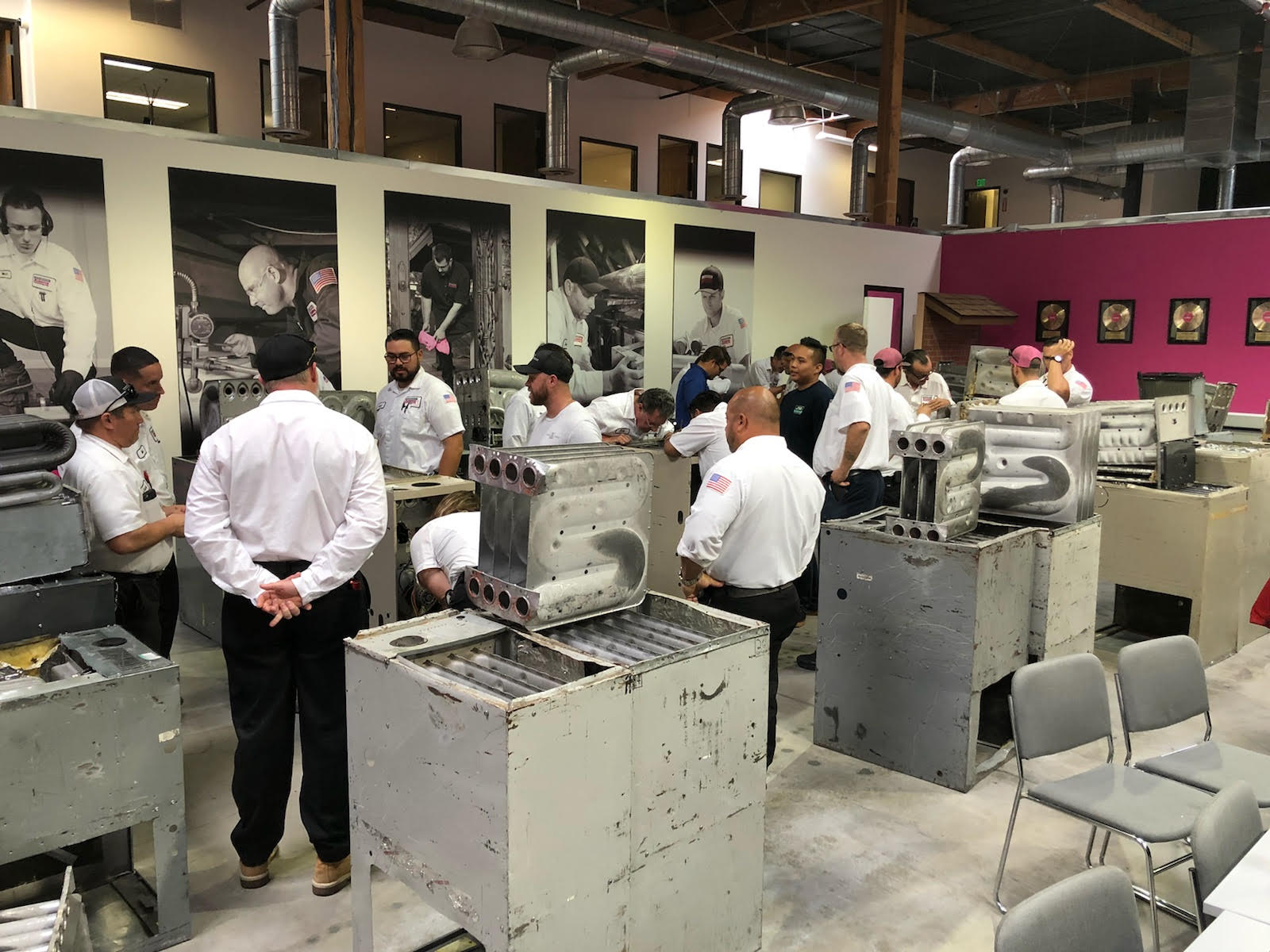How HVAC Technician Programs Prepare You For Real World Service Calls
A career in HVAC is more than just installing systems—it’s about developing the knowledge, skills, and confidence to handle complex service calls in the real world. From diagnosing faulty refrigerant levels to repairing electrical wiring in high-efficiency heat pumps, the ability to work under pressure is essential.
Whether you’re planning to attend an HVAC school, pursue a certificate, or work toward an associate degree in air conditioning technology, a strong HVAC training program ensures you’re ready for the field. Let’s explore how these programs prepare you for the demands of real-world work—and why choosing the right school can help launch a successful, long-term career.
Blending Technical Knowledge with Hands-On Practice
The heart of any good HVAC training is the balance between theory and practice. While classroom lessons introduce core scientific principles—like thermodynamics, heat transfer, and energy efficiency—labs and field simulations bring that education to life.
You’ll learn about:
- Ventilation and indoor air quality
- Proper use of refrigerants and compliance with Section 608
- Diagnosing issues in air conditioning and refrigeration systems
- Safely working with electric heating, circuits, and duct systems
- Performing maintenance on heat pumps, furnaces, and more
This balance of classroom learning and hands-on HVAC training is what helps you transition smoothly from student to mechanic, technician, or engineer—ready for your first service call.
Real-World Service Simulations
HVAC programs simulate real job scenarios so students gain experience solving problems under pressure. You’ll practice:
- Troubleshooting refrigeration issues using meters, gauges, and sensors
- Performing electrical diagnostics in low-voltage and high-voltage systems
- Identifying and replacing failed components like compressors or pipes
- Interacting with mock customers to build project management and communication skills
- Adhering to safety codes and efficiency standards
These exercises prepare students to take service calls in residential, commercial, and campus environments, addressing everything from frozen coils to failing fuel systems.
Industry Certifications That Build Credibility
A successful HVAC career often starts with certifications. Programs prepare students for nationally recognized exams, such as:
- EPA Section 608 Certification – required for handling refrigerants
- HVAC Excellence Certification – proves advanced technical competence
- Local and state licensure exams
Certification can open doors to better employment, higher salary, and faster advancement. Many schools also offer transfer credit options or apprenticeship pathways, allowing students to continue their education toward degrees in technology or science fields.
More Than Tools—Mastering the Soft Skills
Beyond tools and mathematics, employers seek HVAC professionals with strong soft skills. Programs focus on:
- Communication and customer management during service calls
- Conflict resolution and time management under tight schedules
- Planning and budgeting for materials on long-term repair jobs
These skills improve job performance, support career management, and ensure you can handle both basic calls and complex systems—whether it’s a server room’s ventilation breakdown or a school’s failed central heating.
Job Outlook and Career Support
According to the Bureau of Labor Statistics, HVAC careers are expected to grow steadily due to increasing demand for energy-efficient systems and system upgrades. That translates into solid job stability, competitive salary, and long-term workforce demand.
Many HVAC training programs offer job placement services, financial aid, and connections to local employers for graduates. Students often begin with entry-level employment and can move into roles like HVAC project manager, installation technician, or maintenance specialist, with opportunities for overtime and upward mobility.
Why Heat Exchanger Experts?
At Heat Exchanger Experts, we understand that success in HVAC requires more than textbooks—it takes guided, hands-on training, practical experience, and expert mentorship. Our programs are built to prepare you for the real world with a curriculum focused on refrigeration, air conditioning, heating, ventilation, and diagnostic excellence.
Whether you’re starting out, changing careers, or building on a diploma, we’ll help you get there. Learn about our class schedules, financial aid, certificate options, and how to enroll today.
Start your HVAC journey with Heat Exchanger Experts—where knowledge meets experience, and every day is a step closer to a fulfilling career.





